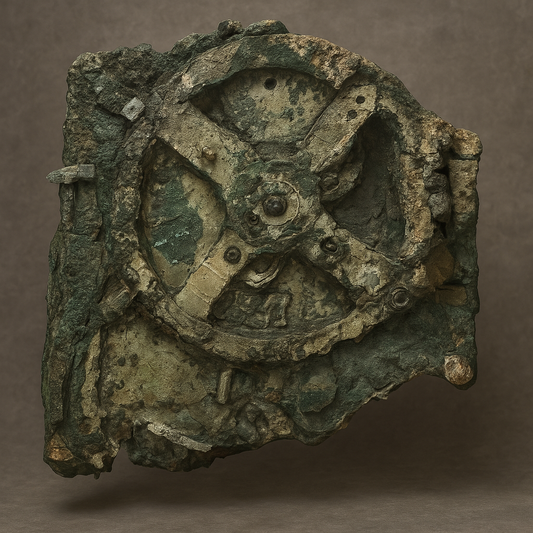
Labor Unions & Wine: is it compatible?
Share
History repeats itself. Like fashion, don’t we see the bell bottoms and crop tops re-emerging again? I have a crop top that is sitting quietly in my drawer, waiting for its time to shine.
History repeats itself. Forgotten grapes are having its time to shine again like Cabernet Pfeffer or even forgotten practices like submerged cap.
History repeats itself. Inflation percentage has risen to levels we can’t keep up with, and the interest rates are hiking up too.
History repeats itself. Labor unions (general labor history) are getting popular again within big franchises. REI, Starbucks, Home Depot, Amazon (link here).
Perhaps we all can gather and guess why labor unions are gaining momentum. The lack of strong labor law reforms is what drives the need for a method or moment among us to demand what is needed. Although labor unions are essential in (the attempt of) keeping up with wages and to challenge the authority of capitalist powers (in an undemocratic capitalistic system), it has its flaws. In my opinion, the two flaws are such:
- It is not an efficient vehicle to mobilize the workforce to change the system which continually exploits it (link here).
- It can get a whiff of corruption as it did in the 60s to 80s with people in power and law enforcement abusing the power and misusing member dues.
But that doesn’t mean that the labor union is a failure. It is a necessity.
Not a utopian ideal, but an achievable necessity …. Words written about urging governments to cut excessive military spending in favor of increasing spending on social and economic development (Link here).
Not a utopian ideal, but an achievable necessity …. Words written about socialism (Link here).
Labor union is a compromise that we reach in order to take a step toward something that is rightfully ours. It has these flaws because it is taking the careful approach of working within the system. Anything that is done illegally will face its own harsh consequences and hurt the people they represent.
So what happened the last round we had when labor unions were prevalent?
“What was going on in the 1970s was basically a confluence of two factors. On one hand, labor unions in the Global North had been gaining strength, increasing wages, and strengthening the social welfare state. On the other hand, the anti-colonial movements in the Global South were achieving gains in economic sovereignty. They were developing their own economies for their own national needs and so on.
That was leading to an increase in the supply price of key resources that northern economies relied on. So this increase in wages domestically and increase in the supply price globally caused a slowdown of growth and profits in the global North. This was regarded as a crisis for capitalism. And Global North states faced this choice:
- they could either accept this new era of emerging global justice and decolonization and abandon capital accumulation because capital accumulations was becoming too difficult under these conditions or
- they could try to maintain capital accumulation by somehow sabotaging the labor movements, the Global South, and pushing wages and resource prices back down.
And they banked hard on that latter objective. They introduced structural programs that led to privatization, forced liberalization, cutting labor centers, which cheapens labor and resources in the Global South again. While in the North, of course we know how Reagan and Thatcher, for example, attacked the labor movements in US and UK again pushing down real wages. This project was successful at restoring growth in the Global North and restoring corporate profits but of course at the expense of dramatic social harms. So I think we have to understand where neoliberalism came from. It's not an accident. It was a kind of planned intervention to restore the conditions for growth” (How degrowth will save the world with Jason Hickel, Upstream, Spotify)
Labor Unions among vineyard workers. Labor unions among winery production workers. Which do you think is more prevalent in California? It’s a trick question because it’s not really heard of within the wine industry within California. Could be a couple of reasons;
- There is a huge proportion of the vineyard workers who are non-U.S. citizens and are unaware of U.S. labor laws and union forming/voting rights such as them assuming they are not awarded the right to vote because of their citizenship or their legality. Or even the assumption that they could get let go if they voted to form a union.
- The assumption that they can’t earn or save more if they had to pay dues from an already small paycheck.
- The lack of knowledge of formation of other unions in other industries.
- The lack of knowledge that it only takes 30% majority to vote for union formation and it can include part-time employees.
- Most wineries (97% link for winery size) in the United States are considered small and have between 3 - 9 employees within the winery and it may be too small to start a union.
However, what can we do to correct these problems? There are a couple of alternatives other than trying to educate the workers their labor rights thought it doesn’t mean we should stop doing that. Pressuring the state governor to sign a bill making farm union voting easier (link here) might work. But let us be honest with ourselves, not many of the readers of this article will have frequent access with farm workers and have conversations with them. And as much as you may think we in the wine industry have direct contact with the farm workers, we do not. Most of the vineyard workers that we interact with, at least here in Santa Barbara county, are not associated with our wineries. They are either a third labor company that handles the vineyard manual labor or employed by the vineyard itself. (Remember that there are still vineyards and wineries that are not associated with one another other than exchange of goods and monies). For us, Yata Eagle Wines, we would probably be blackballed within the wine industry if we strongly advocated the formation of unions among vineyard workers and actually facilitated voting to fruition. We are still a small cat in this industry though it won’t be the case for long.
So if not advocating, then what? Do we try to set an example elsewhere in Santa Barbara? Perhaps.
Or do we try to start our own commune of businesses locally along the lines of what we think should be right? Democratically owned businesses. Co-ops between linked businesses from growth of agriculture to groceries to packing department to schools.



